The GROW Model is Dead
Free report on the state of coach training in the 21st century

The GROW Model is widely accepted as a basic model for teaching people to coach. So, why did I become increasingly concerned about teaching it?
The problem was that I never used it myself.
In this report I review the state of coach training and explain why there are better ways to teach coaching to parents, managers and sales people.
The GROW Model is still taught to many managers and prospective coaches. Is it the best approach?
I am Richard Winfield. I have been studying coaching for more than 20 years and have been teaching it internationally to managers for more than five years.
I always taught the GROW Model, partly because it is such an excellent logical structure and partly because in many cases it was what the clients expected.
However, I became increasingly concerned because, when I reflected on my own experience, I realised that I never used it.
On the face of it the GROW Model is an excellent starting point for teaching managers to coach, but then the next stage was to teach them not to use it.
GROW is intended to be a framework – not a rigid structure – and experienced coaches will soon move beyond this as they learn to trust their own intuition.
What concerned me was that if we taught the GROW Model as the way to coach, users would be stuck with the structure, whereas, what I wanted was for them to start to think and act like a natural coach
Some people are natural coaches, and can be very effective without any training at all. Natural coaches seem always to get the best out of people. They don't use rigid structures; they are driven by curiosity and a commitment to the other person.
I asked myself this question, "What is the biggest challenge for people when first learning to coach"? It seems to me that the biggest challenge, particularly for managers, is to NOT offer help or advice. This is very much counter to our culture and to traditional models of management.
It is very difficult for people to NOT think about something.
For example, "Please do NOT think about a pink elephant." What immediately comes into your mind? A pink elephant, of course.
So, how do we teach people not to give advice?
The answer is to create a process which focuses on something else and reinforces the coaching concept that the "client" is always in charge of the content.
That is why I start every coach training day with an exercise to use these words: "What would be the most useful question for me to ask you now?"
The person being coached tells the coach what question would be most useful. The coach asks the question and then the person being coached answers it. Sometimes they find their own questions quite challenging.
Effective coaches are sensitive to signals that people give out: they can spot repeating patterns, limiting beliefs and vague language that reveal a need for change.
By using effective questions, giving positive feedback and choosing the appropriate communication style coaches are able to help individuals and teams become more aware of how they do things and more willing to take responsibility for their own performance.
The major professional coaching organisations recognise that there are key components of coaching that contribute to success. They define these and then accredit prospective coaches against their demonstrated ability to perform against these benchmark behaviours.
However, they do not require adoption of formal frameworks or models.
The International Coach Federation states that results are a matter of the client's intentions, choices and actions, supported by the coach's efforts and application of the coaching process. It does not require use of any specific coaching method.
Contents
-
Introduction
-
What is coaching?
-
the GROW Model
-
Professional standards in coaching
-
Reasons for coaching
-
The context for coaching
-
Introducing a coaching culture
-
How to select a coach
-
Coaching programme structure
-
Beliefs that support coaching
-
An alternative approach to coach training for managers
-
About the author
The GROW Model is Dead - FREE Report
I have prepared a 22 page report, "The GROW Model is Dead", on the state of coach training in the 21st century.
In this report I provide an introduction to coach training and the use of coaching within organisations.
At the end of the report, I describe my own approach to training coaches, and explain why I believe that the GROW Model is dead.
Brefi Group Limited
Unit 11 BSC, Hood Road
Barry CF62 5QN
United Kingdom
Reg. No. 1669333
Copyright 2024 Brefi Group Limited. All Rights Reserved
